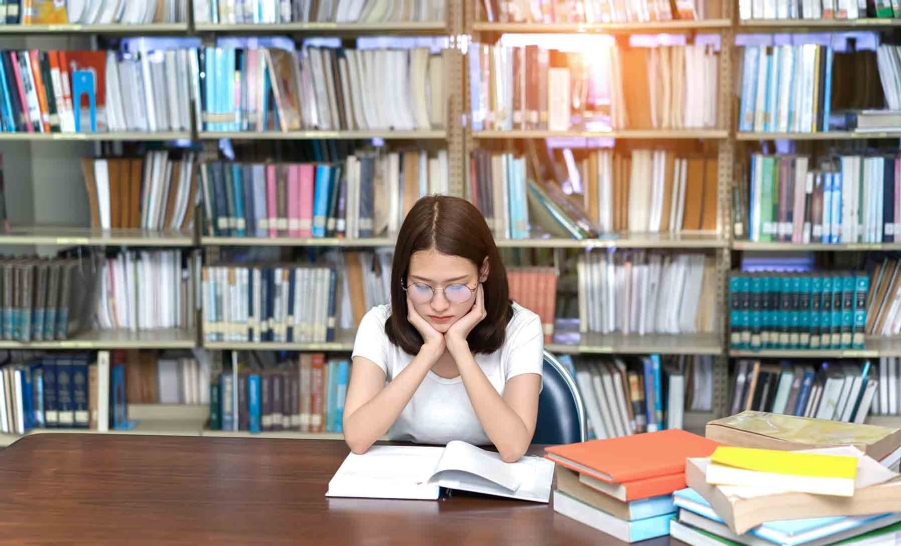Financial, resource, & psychological impacts of COVID-19 on U.S. College students
This study investigated how students' finances, access to needed resources, and psychological well-being were impacted by the COVID-19 pandemic.
Bermudez et al. / SLEEP Advances / November 2022

This study investigates sleep disparities and academic achievement in college. Participants were 6,002 first-year college students attending a midsize private university in the southern United States [62.0% female, 18.8% first-generation, 37.4% Black, Indigenous, or People of Color (BIPOC) students]. During the first 3–5 weeks of college, students reported their typical weekday sleep duration, which we classified as short sleep (<7 hours), normal sleep (7–9 hours), or long sleep (>9 hours). The odds for short sleep were significantly greater in BIPOC students (95% CI: 1.34–1.66) and female students (95% CI: 1.09–1.35), and the odds for long sleep were greater in BIPOC students (95% CI: 1.38–3.08) and first-generation students (95% CI: 1.04–2.53). In adjusted models, financial burden, employment, stress, STEM academic major, student athlete status, and younger age explained unique variance in sleep duration, fully mediating disparities for females and first-generation students (but only partially mediating disparities for BIPOC students). Short and long sleep predicted worse GPA across students’ first year in college, even after controlling for high school academic index, demographics, and psychosocial variables. Higher education should address sleep health early in college to help remove barriers to success and reduce disparities.